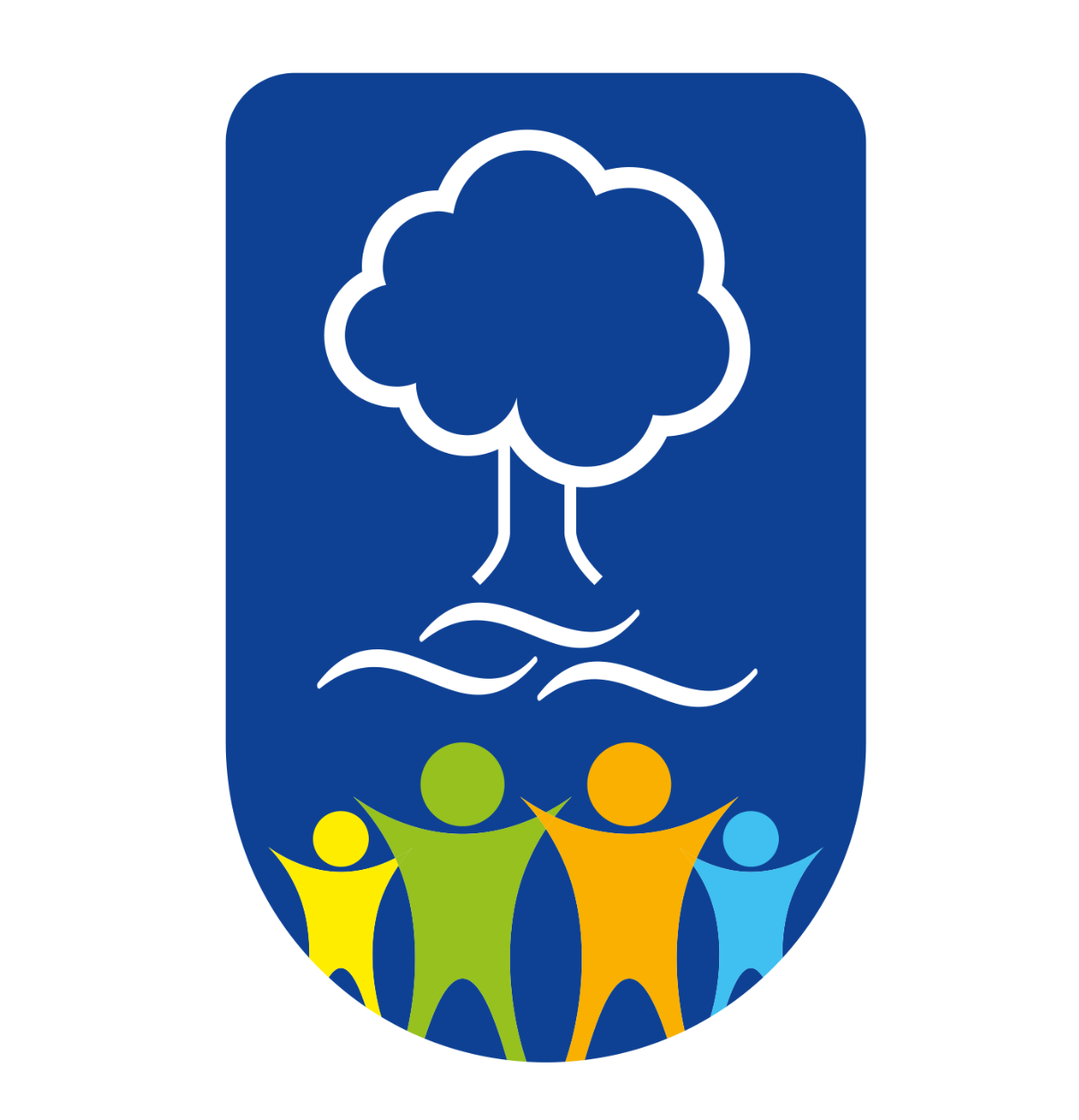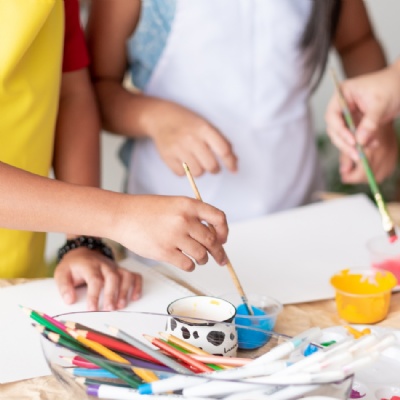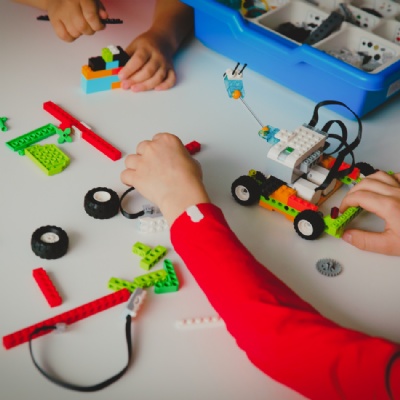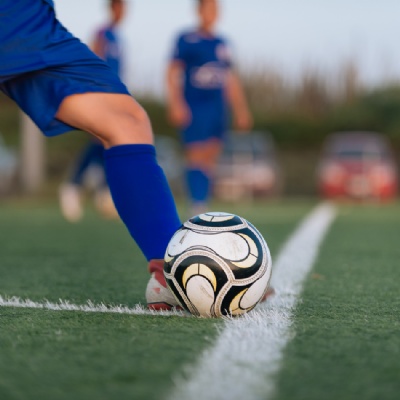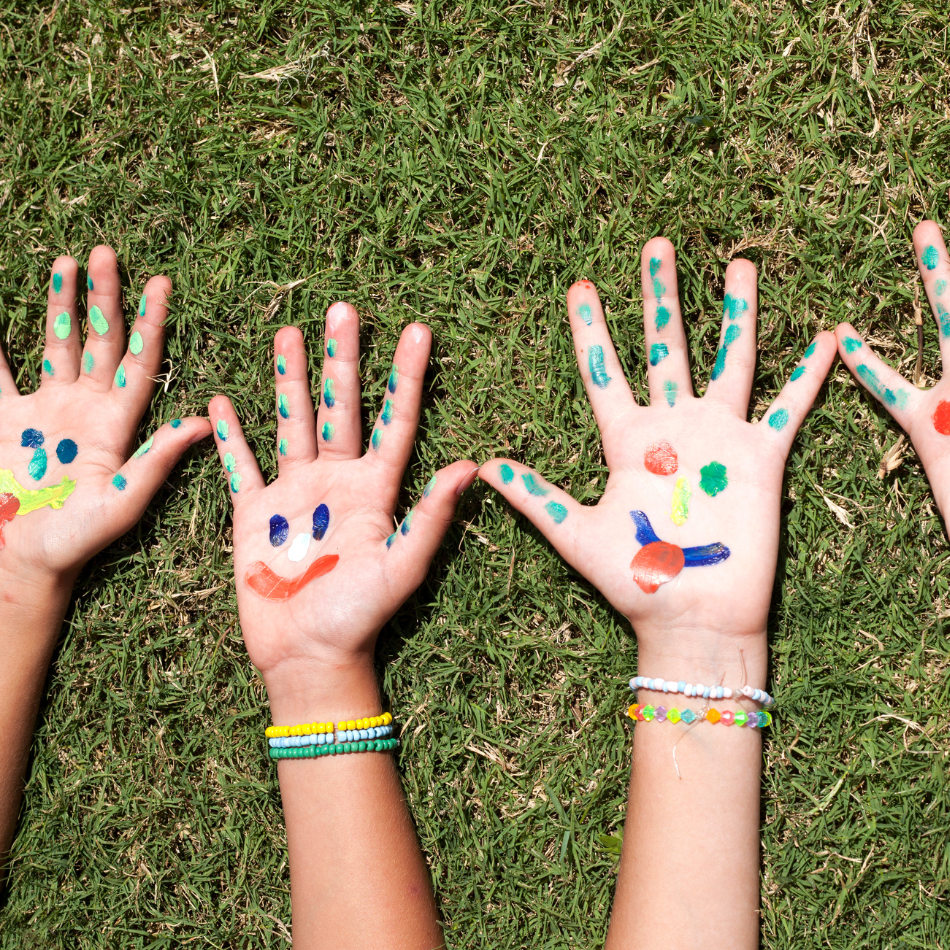Curriculum - Subject Overview
Intent
At the heart of our school are our core values. We aim to ensure our children are ready to learn, resilient to take on a challenge, respectful to everyone and everything in our school and community and to reflect on our learning and experiences. Our overriding aim is for our children to live and learn by, through the words of Mark 9.25, ‘All things are possible for those that believe.’ Our mission is to be a good Christian school at the heart of our community.
At Woodford Halse, we place great importance on a curriculum which develops the whole child. Through our core values, we foster an environment where the emotional, physical, academic, social, moral, spiritual and cultural development of each child is considered. We firmly believe that everyone is entitled to an ambitious curriculum and our curriculum design is accessible for all, including children with SEND and disadvantaged backgrounds.
Rationale for Implementation
We use Dimensions ‘Learning Means the World’ Curriculum as the main vehicle for achieving our outlined intent.
This curriculum is underpinned by four highly relevant world issues, known as the four Cs:-
Communication
Our pupils at Woodford Halse are good communicators in that they can articulate to adults what they are learning and share ideas with them but with their peers, they struggle to communicate effectively. We want our curriculum to have consistent opportunities for communication among the pupils throughout, with chances for them to work collaboratively so that they develop broader social skills and can manage emotions and conflicts as they arise.
At Woodford Halse, we are all too aware of how many ways our pupils have of communicating with the wider world and we want to ensure that, through our curriculum, we can educate them on how to do this safely and be aware of any potential dangers.
We want our curriculum to allow our pupils to ask effective questions and continue to be encouraged to use a wide vocabulary to enrich their learning in all areas. Our school council, subject ambassadors and house captain roles continue to encourage pupils to aspire to have a more prominent role within school that relies on good communication with their peers and adults alike.
Culture
The culture of the area around our school is predominantly White British therefore it is important that our pupils are given opportunities through our Learning Means the World curriculum to access and learn about cultures and heritages that are different to their own. We will teach our pupils about others with a sense of tolerance and understanding so that they can see a world beyond Woodford and recognise all the people who live in it.
Through our curriculum, we want to give our pupils chances to have a wide range of cultural experiences, including visiting theatres, galleries and religious establishments.
We do also recognise, at Woodford Halse, that the area we live in has a rich cultural heritage and the local community is very attached to the area. Many of our families have had generations attend the school so we must build this recognition of our local culture into our curriculum.
Conflict
At Woodford Halse we want to ensure that our pupils recognise that conflict happens on a daily basis, both in school and in the wider world, but it is important that, particularly with their conflicts, they know how to deal with them positively. Our Thrive programme, alongside our Learning Means the World curriculum, will continue to build on that sense of positivity and having a fresh start at the beginning of each session. Pupils will learn that bearing grudges or holding onto negative feelings does not help to solve conflicts and positive conflict management is the best way to move on from problems and focus on learning and positive achievement.
In terms of learning about conflict in the wider world, we know that our pupils recognise that conflicts occur but we want to teach them what has happened in the past and in the present time does have an impact on how the world operates and how we live today. We want to teach them that they can make a difference in the world and ignite a passion in them to drive change for the better.
Conservation
We are fortunate that our school is located in a very green and leafy area and our pupils have access to a forest school, a very large field, trim trail and outdoor gym equipment. We, therefore, want to make sure that our pupils know how to look after what they have and recognise that sustainability for the future is key to maintaining their wonderful outside spaces.
This education will extend beyond the school grounds into the wider community too. We encourage our pupils to pick litter and we have a number of community initiatives including having a school garden and hosting a community food larder that brings people from the community onto our school site. Our main message to our pupils in all our teaching through ‘Learning Means the World’ is that of sustainability and building for the future. We want to teach out pupils that their actions both in and out of school can make a huge difference in supporting both the local environment and the local culture.
Our curriculum narrative will make connections between the 4 C’s of ‘Learning Means the World and our school values of ‘Be Ready, Be Respectful, Be Resilience and Be Reflective’. We will begin with Communication and Be Ready as we feel that there is a good connection between establishing positive and collaborative communication skills with being ready to start the year. We will then explore Culture and Be Respectful, as these two areas of learning and school values go hand in hand. We want our pupils to learn about other cultures and traditions with a level of respect for others and recognise that whilst others may do things differently, this is not wrong or something to be ridiculed. Following on from culture, we will look at Conflict and Be Resilient. Our pupils need to understand that conflicts often occur because of a lack of respect for one another. They can also occur because of negative attitudes and a lack of resilience for dealing effectively with difficult situations. By being resilient in the face of conflict, our pupils can see how they can make a difference both in school and in the wider community. This then leads us to our final area of learning, Conservation and Be Reflective. Our pupils will reflect on how they can make a difference to their school and wider community by conserving and looking after what they have at this current time so it is still available for future generations
We also encourage our children to have high aspirations by teaching them about human creativity and achievement through additional Competency Units about famous figures and groups of people that focus on Creativity, Commitment, Courage and Community.
